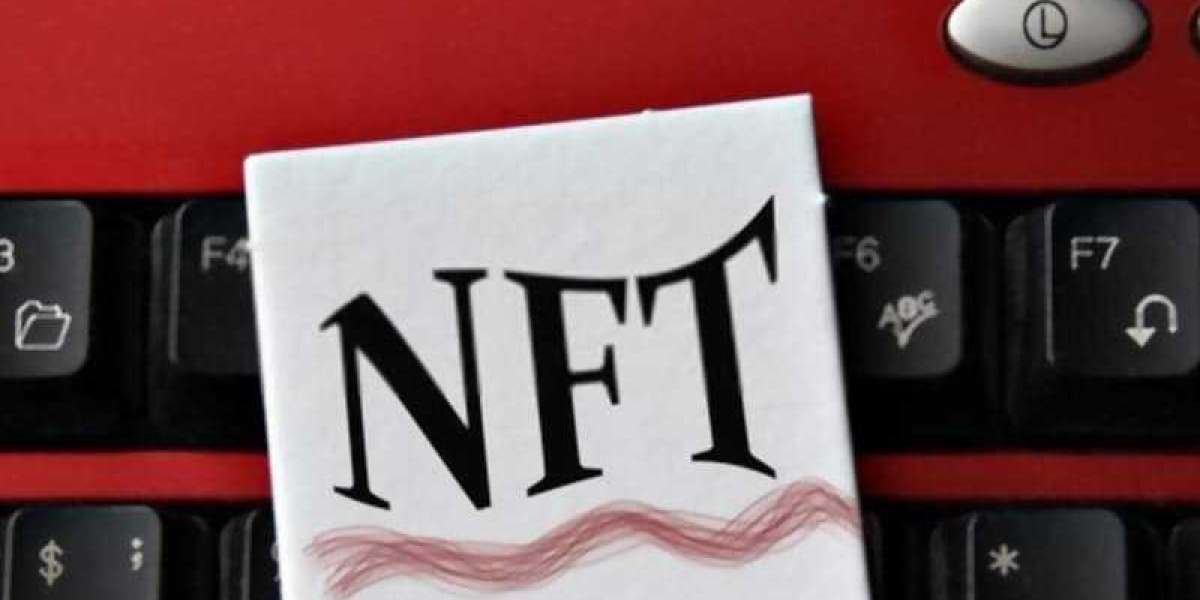NFTs (Non-Fungible Tokens) have been creating waves in the digital world, especially in the areas of art, gaming, and collectibles. As a result, many entrepreneurs are looking to develop their own NFT marketplaces to take advantage of this growing trend. In this article, we will explore the costs, timelines, and features to consider when developing an NFT marketplace.
Costs to Consider
The cost of developing an NFT marketplace can vary greatly depending on the complexity of the project. Here are some of the key costs to consider:
- Development Costs: The cost of developing an NFT marketplace can range from a few thousand dollars to hundreds of thousands of dollars, depending on the features and functionality required.
- Legal and Compliance Costs: NFT marketplaces must comply with relevant laws and regulations, such as anti-money laundering (AML) and know-your-customer (KYC) requirements. These compliance costs should be factored into the development budget.
- Infrastructure Costs: NFT marketplaces require secure and reliable infrastructure, including servers, databases, and storage solutions. The cost of these infrastructure components should be considered when developing a budget.
Timelines to Consider
The timeline for developing an NFT marketplace can also vary greatly depending on the scope of the project. Here are some of the key factors that can impact the timeline:
- Development Complexity: The complexity of the project will impact the timeline for development. More complex projects will require more time for development and testing.
- Third-Party Integrations: NFT marketplaces may require integration with third-party services such as payment gateways, digital wallets, and blockchain networks. These integrations can add time to the development timeline.
- Compliance Requirements: Compliance requirements such as AML and KYC may require additional time for implementation and testing.
Features to Consider
When developing an NFT marketplace, several key features should be considered:
- NFT Creation and Management: The ability to create and manage NFTs is a core feature of any NFT marketplace. This includes the ability to mint new NFTs, manage ownership and transfer, and track the ownership history of each NFT.
- Marketplace Features: NFT marketplaces should include features that allow users to browse, search, and filter NFTs based on various criteria. Additionally, marketplace features such as auctions, bidding, and fixed-price sales should be considered.
- User Profiles and Reputation: User profiles and reputation systems can help to build trust and credibility within the marketplace. This includes the ability for users to rate and review other users, as well as a verification system for identity and reputation.
- Payment and Payouts: Payment and payout features should be considered, including support for multiple currencies and payment methods. Additionally, features such as automatic payouts and revenue-sharing should be considered.
- Security and Compliance: NFT marketplaces should include robust security features to protect against hacks and theft, as well as compliance features to ensure compliance with relevant laws and regulations.
In conclusion, developing an NFT marketplace can be a complex and costly endeavor, but the potential rewards can be significant. Entrepreneurs should carefully consider the costs, timelines, and features required when developing an NFT marketplace to ensure the project is successful. By focusing on key features such as NFT creation and management, marketplace features, user profiles and reputation, payment and payouts, and security and compliance, entrepreneurs can build successful and thriving NFT marketplaces.







